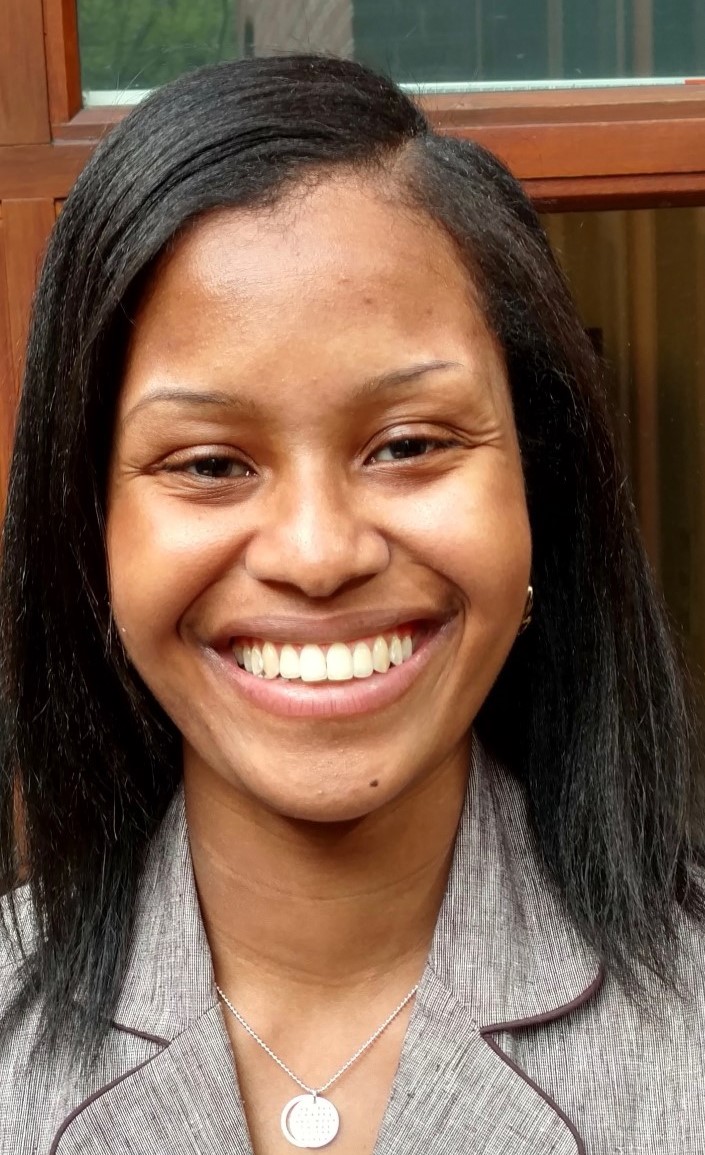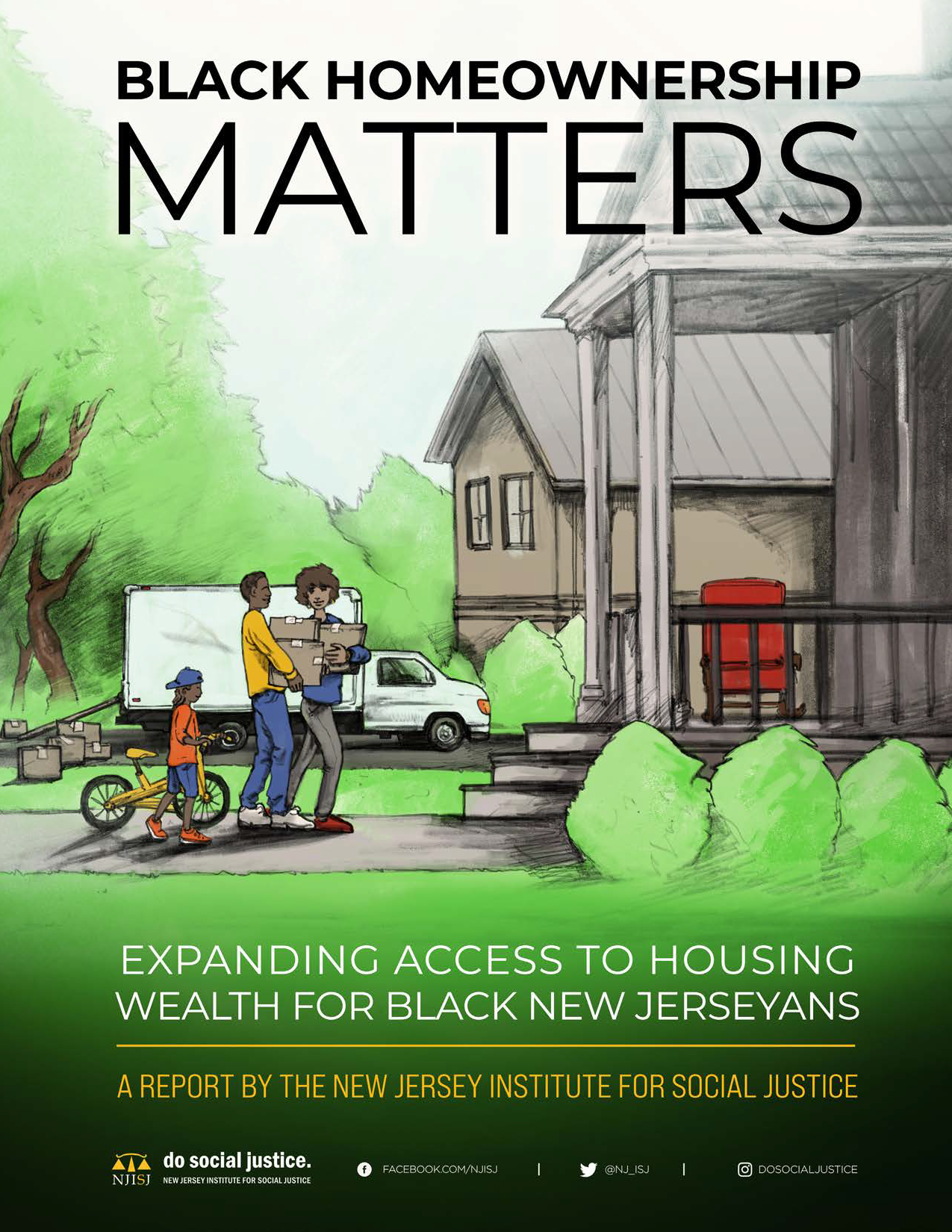Fellows in Focus: Mellon/ACLS Public Fellow Nichole Nelson F’20 Uses History PhD to Advance Fair Housing Policy
 For Nichole Nelson F’20, Senior Policy Advisor at the National Community Reinvestment Coalition (NCRC), studying the humanities and American history has always been tied to issues of housing segregation.
For Nichole Nelson F’20, Senior Policy Advisor at the National Community Reinvestment Coalition (NCRC), studying the humanities and American history has always been tied to issues of housing segregation.
“My hometown was virtually all-white and, growing up, I had questions about why that was the case,” she said. “I was never taught about my hometown’s history in high school…Urban History classes at the University of Pennsylvania taught me the notorious anti-Black history of my hometown and those same courses also taught me about communities that integrated voluntarily.”
This inspired Nelson to write her dissertation on how white supremacy diluted the Fair Housing Movement, and she earned her PhD in History from Yale University in 2020. She was then awarded a 2020 Mellon/ACLS Public Fellowship.
“From the start of my PhD program, I was almost 100% certain that I wanted to pursue a non-academic career,” Nelson said. “I was drawn to the Mellon/ACLS Public Fellowship because it prepares humanities PhDs for non-academic careers by pairing them with host institutions to gain the skills that they need to succeed in their careers.”
Through her placement with the New Jersey Institute for Social Justice (NJISJ), she applied the skills honed as a PhD in research and policy analysis that contributed to advocacy campaigns to help advance racial and social justice.
From 2011 to 2020, the Mellon/ACLS Public Fellowship Program placed nearly 190 humanities PhDs in two-year staff positions at partnering government agencies and nonprofits. Made possible by the Mellon Foundation, the program was groundbreaking in its ability to demonstrate the dynamic potential of the humanities PhD.
Our work might inspire someone to change unjust laws. Sharing our work also debunks the myth that the humanities have no practical application. The humanities and social sciences are vital to not only encourage critical thinking, but also to envision a world in which justice prevails. Nichole Nelson F’20
“My time as a Mellon/ACLS Public Fellow at the New Jersey Institute for Social Justice prepared me for my current role by providing me with invaluable skills such as coalition-building, legislative advocacy, amending legislation, and writing reports and op-eds,” Nelson said.
During her fellowship at NJISJ, Nelson amended and helped build a coalition of partner organizations in support of the New Jersey Fair Appraisals Act, which, if signed into law, would prohibit discrimination in home appraisals based on race or national origin. Her research and legislative advocacy helped the bill progress through multiple state legislative committees in 2022.
 She also wrote the report Black Homeownership Matters: Expanding Access to Housing Wealth for Black New Jerseyans and an NJ.com op-ed titled “New Jerseyans deserve fair housing and fair futures.” Black Homeownership Matters examined present-day barriers to Black homeownership, such as higher home lending costs and the racial wealth gap, while the op-ed explored how the state can do a better job enforcing its fair housing laws.
She also wrote the report Black Homeownership Matters: Expanding Access to Housing Wealth for Black New Jerseyans and an NJ.com op-ed titled “New Jerseyans deserve fair housing and fair futures.” Black Homeownership Matters examined present-day barriers to Black homeownership, such as higher home lending costs and the racial wealth gap, while the op-ed explored how the state can do a better job enforcing its fair housing laws.
Building on this experience, Nelson’s work at NCRC focuses on advocacy and policy related to fair housing and fair lending. Most recently, she coordinated the organization’s written response to the January 24 hearing of the Appraisal Subcommittee of the Federal Financial Institutions Examination Council.
“In the letter, we made several recommendations to address appraisal bias,” she explained. “Biased home appraisals rob Black and Brown people of precious home equity, which in turn deprives them of intergenerational wealth.”
Nelson’s career trajectory is a testament to the ability of humanistic knowledge to address some of the most pressing issues facing our country. She sees public engagement as a responsibility of humanists, and a chance to shape the world for the better.
“Our work might inspire someone to change unjust laws,” Nelson said. “Sharing our work also debunks the myth that the humanities have no practical application. The humanities and social sciences are vital to not only encourage critical thinking, but also to envision a world in which justice prevails.”
ACLS continues to support the career ambitions and positive impact of scholars working beyond the academy in programs such as The Robert H. N. Ho Family Foundation Buddhism Public Scholars and the ACLS Leading Edge Fellowships, supported by the Mellon Foundation.
In 2023, the ACLS Leading Edge Fellowship Program will offer 22 two-year fellowships partnering recent humanities and interpretive social sciences PhDs with organizations advancing social justice and equity in communities across the United States.

